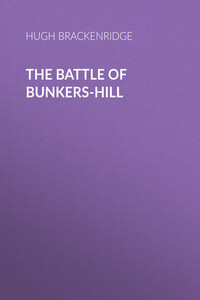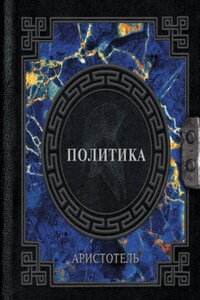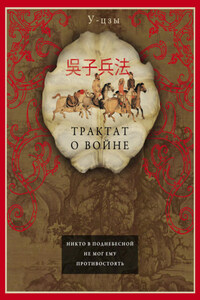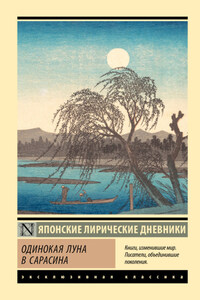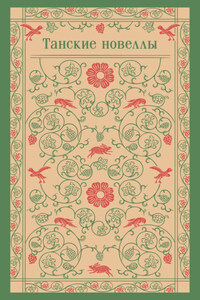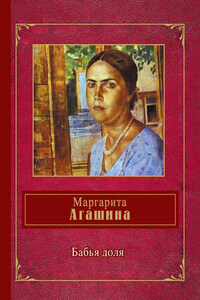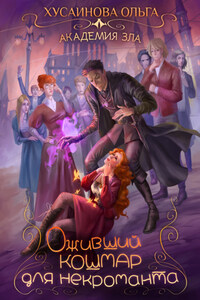(1748-1816)
The battle of Bunker's Hill was an event which stirred whatever dramatic activity there was in America at the time of the Revolution. Therefore, a play written on the subject should not be omitted from a collection supposed to be representative of the different periods in American history and in American thought. The reader has an interesting comparison to make in Hugh Henry Brackenridge's play, which the title-page declares is "A dramatic piece of five acts, in heroic measure, by a gentleman of Maryland," and a later piece entitled "Bunker Hill, or the Death of General Warren," written by John Daly Burk (1776-1808), who came to America because of certain political disturbances, and published his drama with a Dedication to Aaron Burr (1797), the year it was given in New York for the first time.1 It will be found that the former play is conceived in a better spirit, and is more significant because of the fact that it was written so soon after the actual event.
It is natural that Hugh Henry Brackenridge should have been inspired by the Revolution, and should have been prompted by the loyal spirit of the patriots of the time. For he was the stuff from which patriots are made, having, in his early life, been reared in Pennsylvania, even though he first saw the light near Campbletown, Scotland, in 1748. His father (who moved to America in 1753) was a poor farmer, and Hugh received his schooling under precarious conditions, as many boys of that time did. We are given pictures of him, trudging thirty miles in all kinds of weather, in order to borrow books and newspapers, and we are told that, being quick in the learning of languages, he made arrangements with a man, who knew mathematics, to trade accomplishments in order that he himself might become better skilled in the science of calculation.
At the age of fifteen, he was so well equipped that he was engaged to teach school in Maryland, at Gunpowder Falls, some of his pupils being so much larger and older than he that, at one time, he had to take a brand from the fire, and strike one of them, in order to gain ascendency over him.
At eighteen, pocketing whatever money he had saved, he went to President Witherspoon, of the College of New Jersey, arranging with that divine to teach classes in order that he might afford to remain and study. While there, among his classmates may be counted James Madison, future president of the United States, Philip Freneau, the poet, and others of later note. Aaron Burr was a Junior at the time of Brackenridge's graduation, as was William Bradford. Though he was on intimate terms with Madison, he was much more the friend of Freneau, the two writing together "The Rising Glory of America." Should one take the complete piece, which was read by Brackenridge at Commencement, and mark therein that part of the poem composed by Freneau, and included later in Freneau's published works, one might very readily understand that Brackenridge was less the poet, even though in some ways he may have been more versatile as a writer.
This piece, "The Rising Glory of America,"2 is representative of a type of drama which was fostered and encouraged by the colleges of the time. We find Francis Hopkinson, in the College of Philadelphia, writing various dialogues, like his "Exercise: Containing a Dialogue [by the Rev. Dr. Smith] and Ode, sacred to the memory of his late gracious Majesty George II. Performed at the public commencement in the College of Philadelphia, May, 1761." Yet Hopkinson was one of the Signers of the Declaration of Independence!
What says Abbé Robin, viewing Harvard in 1781:
Their pupils often act tragedies, the subject of which is generally taken from their national events, such as the battle of Bunker's Hill, the burning of Charlestown, the death of General Montgomery, the capture of Burgoyne, the treason of Arnold, and the Fall of British Tyranny. You will easily conclude that in such a new nation as this, these pieces must fall infinitely short of that perfection to which our European literary productions of this kind are wrought up; but, still, they have a greater effect upon the mind than the best of ours would have among them, because those manners and customs are delineated, which are peculiar to themselves, and the events are such as interest them above all others. The drama is here reduced to its true and Ancient origin.
Nathaniel Evans also wrote dialogues, performed at the public Commencements in Philadelphia, like the one on May 17, 1763. We have already noted that "The Prince of Parthia" was written as a college play. "The Military Glory of Great Britain" was also prepared as an entertainment by the graduates of the College of New Jersey, held in Nassau-Hall, September 29, 1762, with the authorship unknown. It was a type of play which tempted many men, who later tried their hand at more important dramatic work.
Another interesting title of the time ran as follows:
An/Exercise,/containing/a Dialogue and Ode/On the Accession of His present gracious Majesty,/George III./Performed at the public Commencement in the College of/Philadelphia, May 18th, 1762./Philadelphia:/Printed by W. Dunlap, in Market-Street, M,DCC,LXII./
